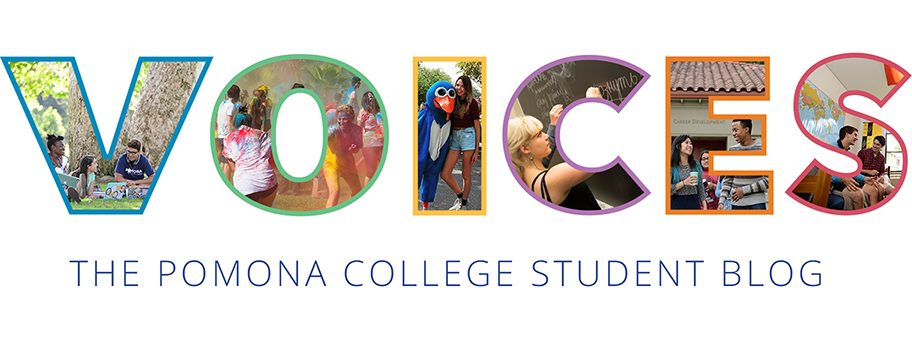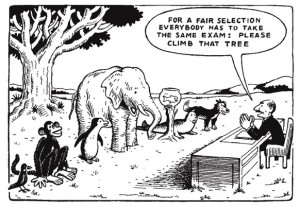Today I saw a hummingbird hovering by a flowering bush. I heard a bird call, and if I knew birdcalls I could tell you what it was, but I don’t so I can’t. Both of these birds made me think about something I probably already knew or should have known but probably brushed off: being able to stop and listen and reflect is really important. I often come to interesting conclusions when I’m just walking around campus. It made me think about the Environmental Education class and LEEP program I am a part of, and I wonder if the lessons we are teaching the fifth grade students aren’t applicable to ourselves as well.
I don’t mean the content that we are teaching them, although I do think learning about habitats, the water cycle, adaptations, and so on is, indeed, important. Instead I mean the more theoretical knowledge we are trying to impart through these lessons on subjects like the water cycle—knowledge like being able to have a connection with nature, appreciating the value of exploring the world through different senses, learning through different modalities in a hands-on, participatory approach, and enabling critical thinking and reflection through nature. We talk in my class about how the method of teaching is the message, along with the content of the lesson itself, and we’re trying to impart an alternative education style along with facts and connections about the local environment.
But as soon as I leave the Bernard Field Station each week, I feel like all of these ideals get put by the wayside. We all walk around with headphones in our ears (I know I do), rushing through the day, and trying so hard to stay focused in our crazy work-filled lives. I think this is important, but it’s also important to step back. Stop and listen.
How much of this alternative teaching style do we get here in college? I believe really strongly in this kind of participatory learning, allowing for self-discovery and true engagement, appealing to students as whole people rather than numbers, and connecting with students on multiple levels and appealing to a diversity of ways of being as well as ways of learning. This reminds me of a quote that is sometimes attribute to Albert Einstein: “Everybody is a genius. But if you judge a fish by its ability to climb a tree, it will live its whole life believing that it is stupid.,” as well as this cartoon:
What we have at Pomona is a lot of discussion-based classes for people like me in the Humanities or Social Sciences, hands-on lab experience for Science people, lectures and casual conversations, and so on. I suppose in some ways it does involve this alternative, participatory method of teaching. But I think a lot could still be changed, especially in the lower grades. Think how different education would be if we were taught that there are many ways of being and many sources of knowledge and intelligence and authority. Knowledge doesn’t have to come out of a textbook. And also that it is okay to stop and listen. To find some sort of reflective space. So that all of us could learn to take time and remember the big picture, and not get so caught up in the mania of the little things.

